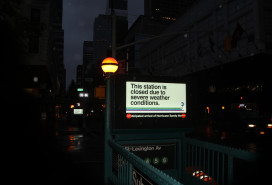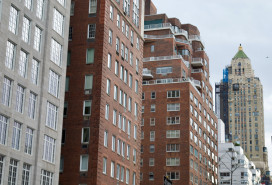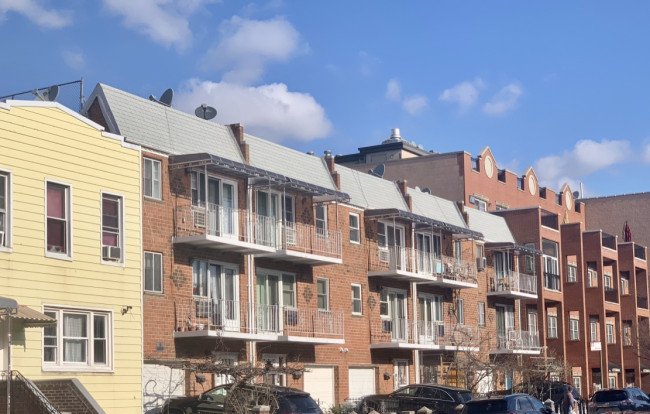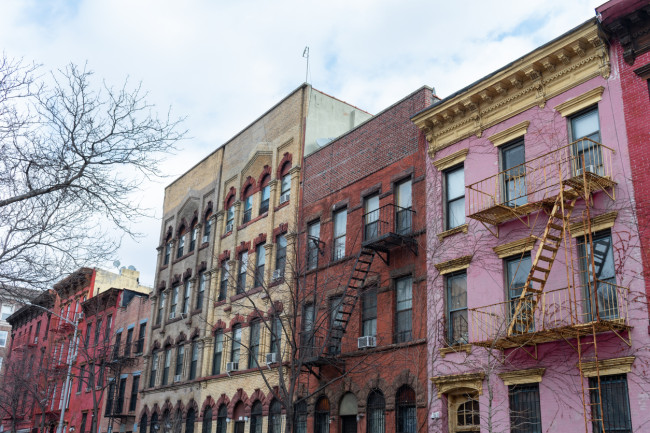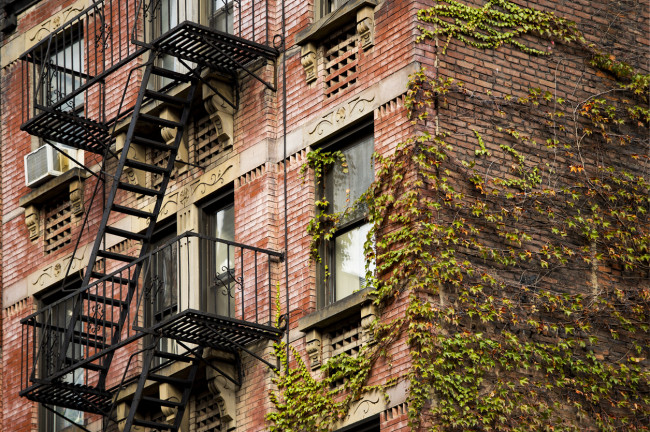Can my landlord charge me a 'hardship increase' on my rent-stabilized apartment?

Landlords can apply for hardship rent increases, but they're rarely granted.
I'm a rent-stabilized tenant and my lease is up for renewal soon. My landlord has told me that because of the Covid-19 pandemic, he'll be seeking a hardship rent increase against me. But I'm in a precarious financial situation, too. What can I do about this action my landlord is taking, and what is the maximum increase I could be facing if he is successful?
There is a provision in the rent stabilization law that allow landlords to seek hardship rent increases, but these are very rarely granted, our experts say.
"The landlord would have to apply to the Division of Housing and Community Renewal, and the tenant would have the opportunity to object, and then either side could appeal," says David Hershey-Webb, a partner at HMGDJ law (FYI, a Brick sponsor).
There are two different justifications for a hardship increase: The first is based on a comparison of the owner's gross income to their income from a prior period. The second can be used when the annual rent increases approved by the Rent Guidelines Board are insufficient to enable a building owner to maintain an annual gross rent income that exceeds their operating expenses by 5 percent of that income.
Landlords tend to apply for hardship rent increases under the latter formula, but even that is very rare.
"I've only seen about three of these cases in the last 10 years," Hershey-Webb says. "In one case, the owner's income was $226,000, and their operating expenses were $236,000."
This is one of the only means left for owners of rent stabilized buildings to charge rent increases higher than those set by the Rent Guidelines Board; the cap on hardship rent increases, if granted, is six percent. (You can see all the legal requirements for a hardship rent increase application here.)
The good news in your case is that you have the opportunity to contest your landlord's application, and that even if he was ultimately granted an increase, the process of getting one could take quite a while.
"It could take years for the DHCR to even process an application at this point, and years to go through an appeal," Hershey-Webb says. "It's not a substantial threat to tenants."
Furthermore, courts are closed amid the Covid-19 pandemic, and once they reopen they're likely to be overwhelmed with cases; yours isn't likely to take high priority, so you don't have to worry about being charged a rent increase any time soon.
There are other disadvantages for landlords to pursue hardship rent increases as well.
"I've always been told that the reason more landlords don't apply for these is because they have to open their books," Hershey-Webb says. "They don't want to do that, because in some instances the books could be less than truthful or not well managed."
Trouble at home? Get your NYC apartment-dweller questions answered by an expert. Send your questions to experts@brickunderground.com.
For more Ask an Expert questions and answers, click here.
You Might Also Like


